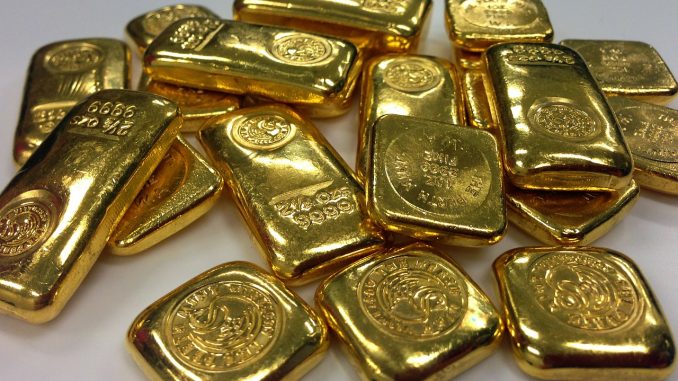
There has been so much chaos in emerging markets in the last couple of months. 2018 had a lot of news about emerging markets and the plunging value of their currencies. There was Venezuela, and then Turkey and now Argentina’s peso is taking a dive. The country’s Central Bank responded by hiking interest rates from 45% to 60% to stop the sharp decline of the value of the national currency. The government of Argentina has gone a step further and sought a financial deal with the IMF.
On Wednesday, the 29th August 2018, the Argentinian Peso slipped by 7% against the US dollar and on Thursday it slipped by another 5%. On Friday, the country’s central bank explained that it was hiking its interest rates to counter the impact of the local inflation.
South American countries seem to be having a tough time. Brazil has its own currency issues. The real fell hard. Just across the border Brazil, Venezuela is already in the throes of hyperinflation. This is spread of diseases because of the exploding population in certain cities.
The problems experienced by South Americans are at crisis levels. Many people have blamed Venezuela’s problems on its President Nicolas Maduro and his socialist government. In order to save the economy, Venezuela might be looking to repatriate its gold from the Bank of England, however, they have had problems getting the gold back from England and they may encounter resistance, especially with the political situation being what it is.
Colombia now has a million Venezuelans living in the country. Peru reported that it had 400, 000 Venezuelan refugees, but only 178,000 either have legal permission to stay in Peru or are in the process of being registered. Most pundits blame those on repressive or socialist policies.
Turkey’s authoritarian government under President Recep Tayyip Erdogans has had some problems with it NATO allies and with America in particular. The US is increasing the political stains by imposing higher taxes and tariffs on goods imported from Turkey. This has created a crisis with the currency, the lira. To date, the value of the Lira has slid by more than 40% compared to the U.S dollar. To halt further reductions in the value of the Turkish currency, the central bank has been increasing its gold reserves and raised interest rates. Turkey’s economic problems have raised some concerns about a possible ripple effect and exposure by certain European banks who have their money tied up in the country.
Emerging markets aren’t the only ones struggling, the economic chaos has affected Italy as well. This is mainly because the country is currently experiencing political and financial instability. It hasn’t gotten to crisis levels yet, but it is on the edge. The year might end up badly if the interest rates keep rising. In May, the country could borrow money for less from the US, but lately it finds itself having to pay more for its debt. The interest rates charged for Italian debt could end up crippling it’s economy. Italy could be the next country to repatriate or buy more gold to support its currency and boost its economy.
Because of the bleak global economic picture and the uncertainty, gold is still probably the best investment to hedge money in these trying times.
Sources:
More Emerging Market Chaos – How Long Before It Spreads To The Developed World?
https://news.abs-cbn.com/business/08/30/18/lira-rand-tumble-after-argentine-peso-crashes